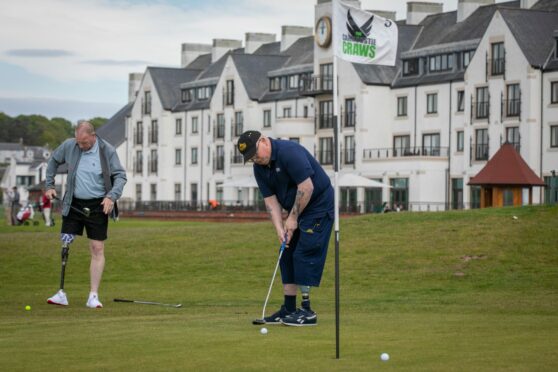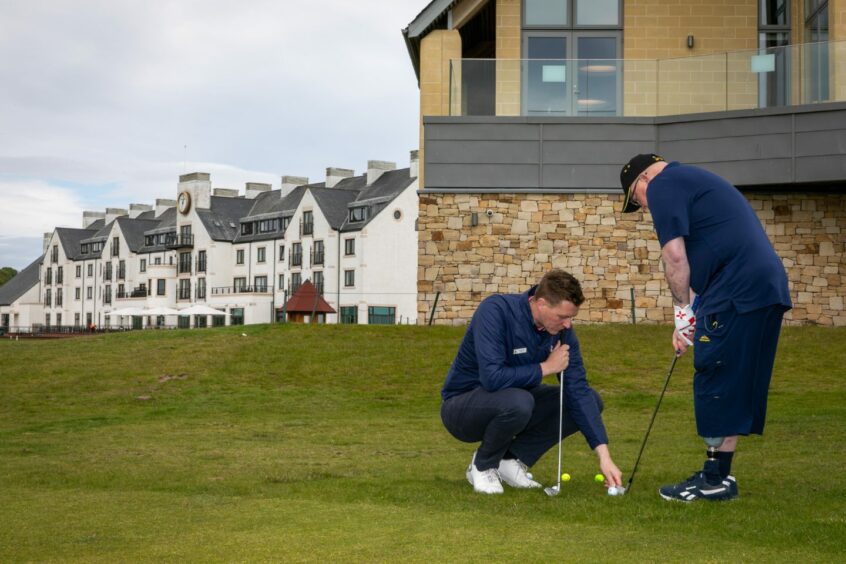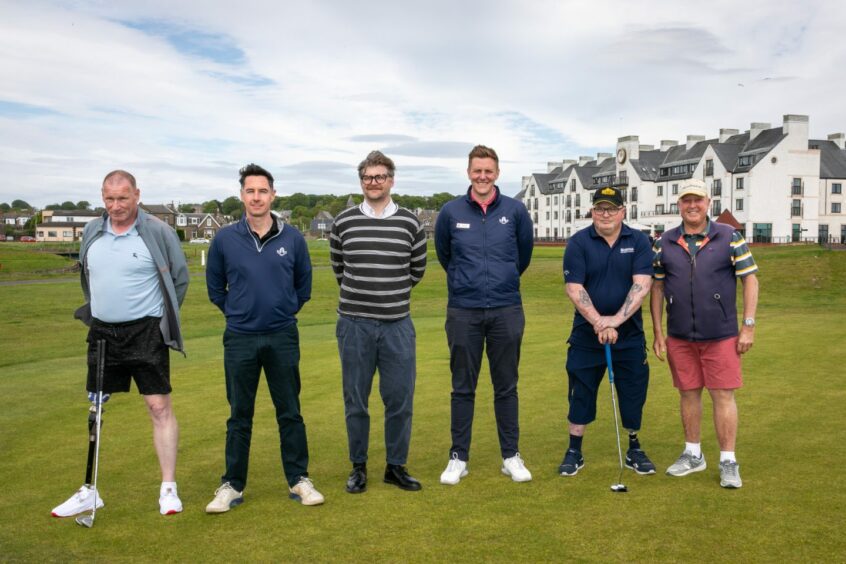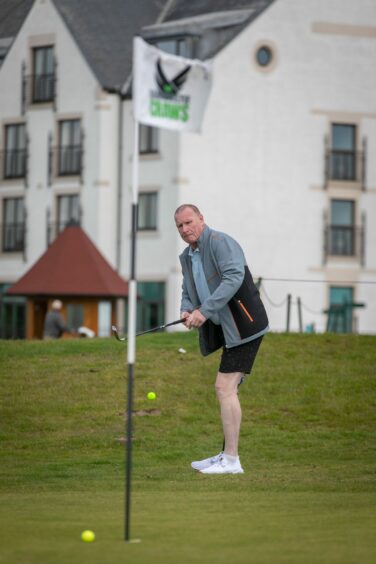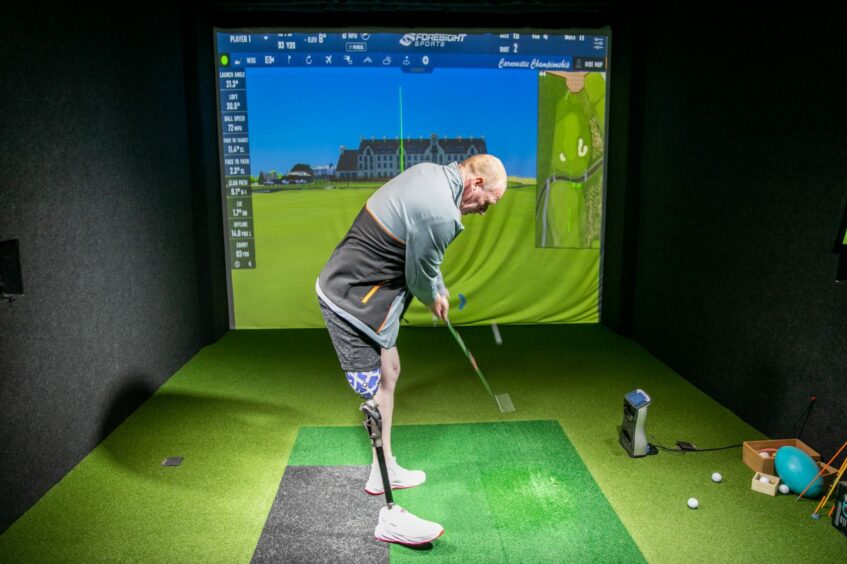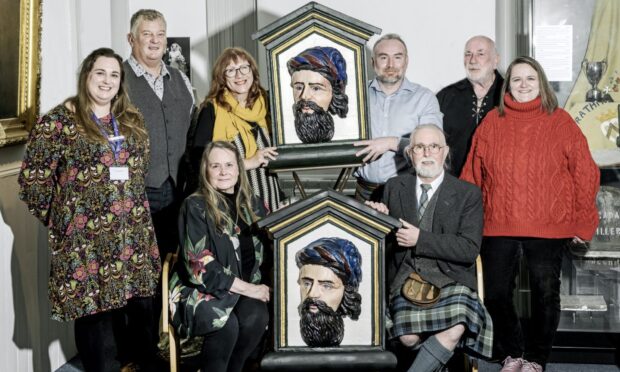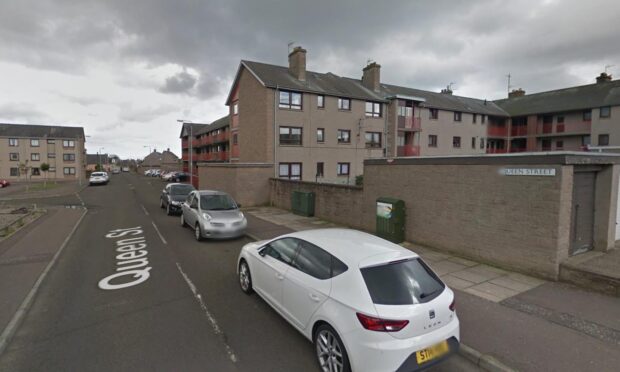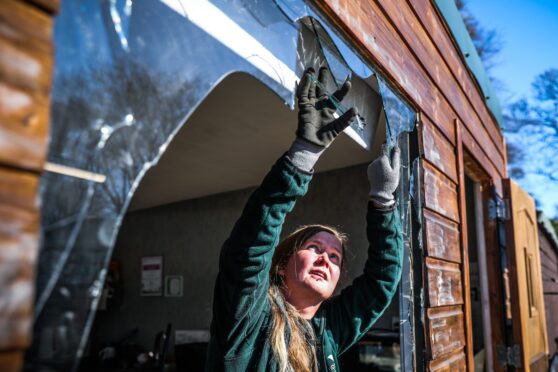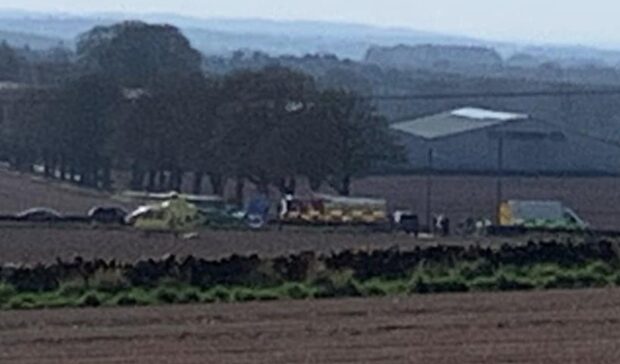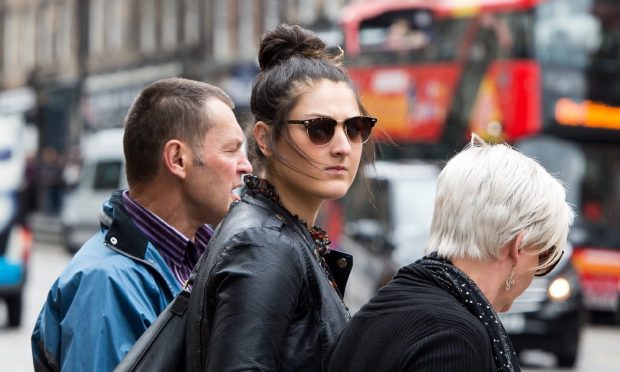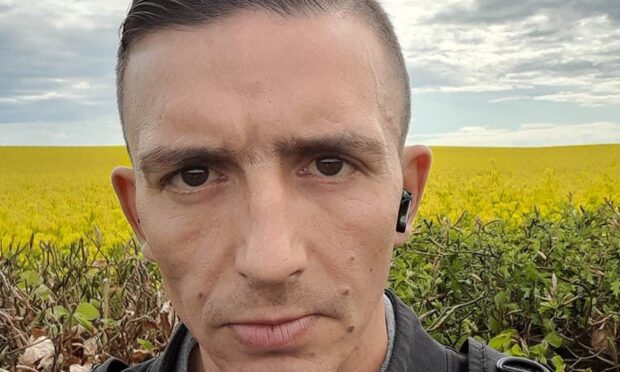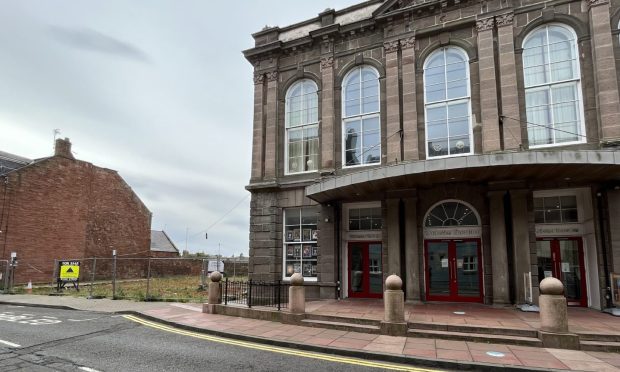Amputee golfers took to Carnoustie’s world-famous links for the launch of a major global study into the game’s benefit for players with disabilities.
Abertay University has partnered with EDGA (formerly the European Disabled Golf Association) for the pioneering project.
And Carnoustie Golf Links is supporting the G4D (golf for the disabled) study as part of a strategic research partnership with Abertay.
The project will engage golfers from around the world for an in-depth examination of golf’s effect on their quality of life.
Global reach
EDGA is one of golf’s largest bodies, with a membership of 39 national federations.
It extends well beyond Europe to include organisations in Australia, New Zealand, the Indian Golf Union, Argentina Golf Association, Golf South Africa, the Israeli Golf Association, Lebanese Golf Federation and Golf Canada.
Abertay’s Division of Sport and Exercise Sciences is leading the research.
In addition to recording data on physical activity levels, quality of life, life satisfaction and general health, the study will gather information on social and economic factors, as well as measures of anxiety and depression.
The study was officially launched at Carnoustie on Tuesday.
It is the latest project to be undertaken at the Carnoustie Golf Links Research Hub, which was developed in partnership with Abertay University.
Carnoustie Golf Links has close ties with the G4D movement through Scottish Disability Sport and Dundee Dragons Wheelchair Sports Club.
And disabled golfers already enjoy specialised coaching sessions led by PGA professionals.
The inaugural G4D Open was played at Woburn earlier this month.
Irishman Brendan Lawlor led home an 80-strong field.
Growing interest
Dr Graeme Sorbie of Abertay University said: “The G4D movement is growing across the world, but we still need to better understand the impact that taking part in the sport can have on participants.
We are delighted to be partnering with EDGA on this important work.
“Abertay’s goal is to produce research that can have impact in the real world.
“We hope the data gained from the survey can be used by disability sport organisations worldwide.”
Golfers van take part in the survey here.
EDGA president Tony Bennett said: “The evidence we have to date clearly points to golf being good for the health and wellbeing of golfers around the world.
“We also know that individuals with disabilities are generally less active than their non-disabled counterparts but a significant number want more activity and sport in their lives.
“The nature of golf allows people with a wide range of disabilities to participate in the game due to using their own ball, which is stationary.
“EDGA is delighted to partner with Abertay University to gain further insights on to the effects of golf on quality of life and life satisfaction.”
Carnoustie’s drive for accessibility
Links chief executive Michael Wells said: “Carnoustie Golf Links have always been an accessible golfing venue.
“From as far back as the 17th century, when, most often women were not even allowed onto golf courses, Carnoustie was doing things differently, encouraging a thriving female golfing community.
“This inclusive and progressive attitude continues to this day, with an emphasis on making the game of golf, with all its health and wellbeing benefits, available to anyone who wants to get involved.
“We’ve always been very keen to break down real and perceived barriers into the game.
“By working with Abertay University, we’ve been able to conduct important and valuable studies which have helped us to make our golf development programmes even more accessible.
“This new study will further our knowledge and understanding of how golf can benefit golfers with disabilities.”
‘Highlight of the week’
Joe Muir, the parent of a young golfer who attends classes at Carnoustie said: “The golf tuition is the highlight of our son’s week.
“He has learned so much and the golf professionals and fellow golfers treat him as an equal.
“We appreciate how the golf professionals understand and adapt to his difficulties.
“We are all very grateful for the boost to his confidence that being part of the group gives him.”
